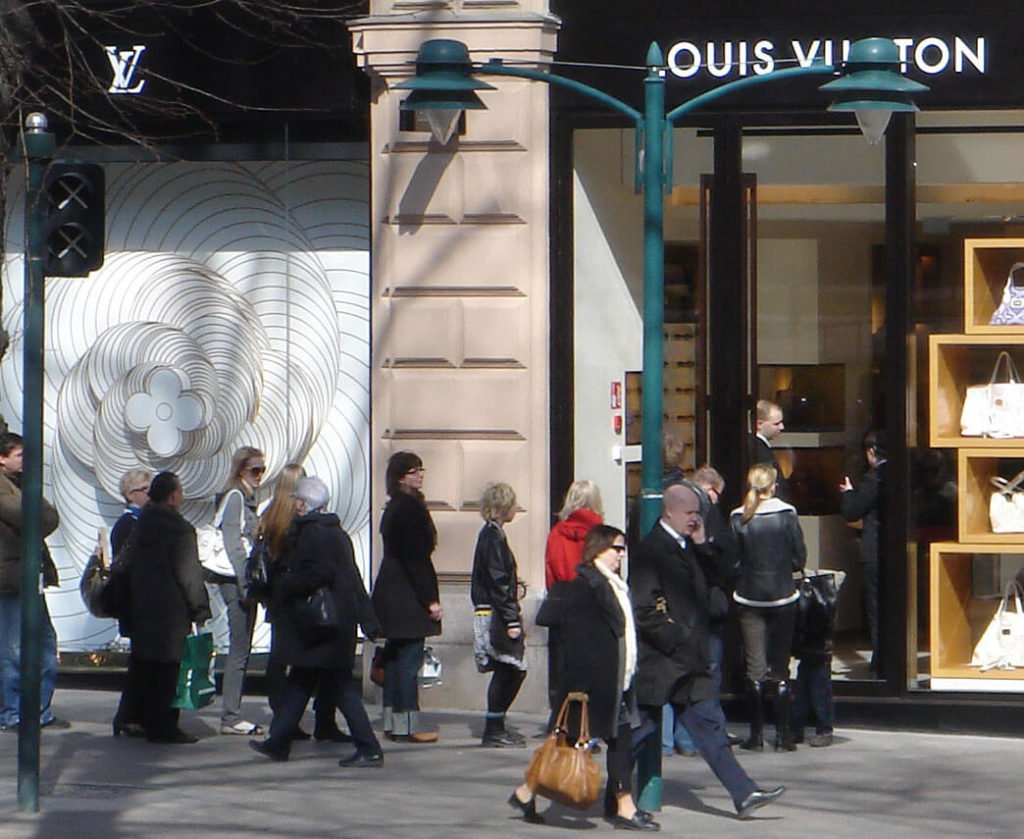Business
How will the Tax Cuts and Jobs Act affect the luxury sector?
The Tax Cuts and Jobs Act is seen as beneficial to the luxury market.

In December 2017, the United States had its first biggest tax overhaul since the 1980s. The Tax Cuts and Jobs Act was approved in a vote of 51-49. This means that the corporate tax rate would be permanently lowered from 35 percent 20 percent.
Jefferies LLC chief marketing strategist David Zervos said that the savings from corporate tax cuts will benefit shareholders via dividends and stock buybacks, customers in the form of cheaper prices and better products, or employees through higher paychecks.
While the tax break would add a potential $1 trillion budget deficit, there are some sectors which will benefit from the new bill and that is the luxury sector. The bill also went through some last minute changes, including a $10,000 property tax deduction that was requested by Senator Susan Collins, a Republican who was reluctant to support the bill.
Luxury real estate to benefit from tax break?
According to Nela Richardson, a chief economist at the national real estate brokerage firm Redfin, high-income earners will have more money to spend on homes thanks to the tax breaks. She added that the lower tax rate and the pass-through of a certain income at the corporate rate of 15 percent make more money available to buy a home.
The tax bill does away with two programs that affect the wealthy. These are the alternative minimum tax, a system that keeps rich taxpayers from finding loopholes, and the estate tax which is levied on a dead person who has a net worth of $5.49 million as of 2016. In addition to this, the tax bill also boosts personal income by lowering the tax rate of high earners by 5 percent and lowering federal capital gains from 23.8 percent to 20 percent.
The deduction lets homeowners trim down their taxes by the amount of interest paid on home loans of up to $1 million. Taxpayers can do this for up to two non-rental homes. This affects the luxury real estate market greatly because of the bigger the mortgage, the bigger the tax break. In effect, it incentivizes people to buy bigger homes.
Richardson said that revised tax rate and the pass-through of a certain income at the corporate rate of 15 percent will make more money available to buy a home. “So combined, this could be a really good thing for the luxury market.” She also noted that the luxury segment has plenty of supply to support the boom in activity.
The tax bill and the luxury industry
Thanks to the approval of the tax bill, the Savigny Luxury Index (SLI) gained three percent in December compared to the 1 percent gain for the MSCI. While only a few companies will announce sales performance results in January, affordable luxury retailer Mulberry is the only one to post results. The company said that while the performance was flat in the first half of the month, sales are growing in Asia.

Due to the tax bill, the luxury index gained 3% last December. (Photo By IK’s World District via Flickr. CC BY 2.0)
However, corporate activity was brisk in December, notably in the apparel and jewelry sectors. Former Spice Girl and entrepreneur Victoria Beckham received an investment of £30 million from Neo Investment Partners, bringing up the value of the brand to £100 million. Meanwhile, luxury retailer Moda Operandi was able to secure a $165 million in growth funding which was led by billionaire Adrian Cheng and Apax Partners with participation from LVMH.
Meanwhile, luxury winter brand Dale of Norway was acquired by Rossignol; Italian apparel manufacturer New Guards acquired a 49 percent stake in Italian brand Alanui. In jewelry, Tasaki & Co. acquired high-end jewelry Ahkah; while Chinese investment firm Youxin Weiye Group acquired upmarket jewelry retailer Makelumer Diamond Shopping Plaza Co.
In other gains this month, Moncler’s share price rose 14 percent as the company was able to resolve its outstanding tax disputes with Italian authorities. Meanwhile, the share price of Swatch gained almost 11 percent and Tiffany rose 10 percent in December. The only losing stock on the SLI in December is Ferragamo which slid 4 percent following the company’s announcement that recovery would take longer than expected.
Short-term share prices are likely to be impacted by Christmas trading results which are expected to be posted in January. However, investors should keep an eye on currency movements. The euro and pound are strong against the dollar at the end of December, which owes to the upward tick of the SLI for the month.
(Featured image by Jason Dirks via Flickr. CC BY-SA 2.0)

-

 Fintech5 days ago
Fintech5 days agoRobinhood Expands to Europe with Tokenized Stocks and Perpetual Futures
-

 Business2 weeks ago
Business2 weeks agoAmerica’s Debt Spiral: A $67 Trillion Reckoning Looms by 2035
-

 Crowdfunding1 week ago
Crowdfunding1 week agoTasty Life Raises €700,000 to Expand Pedol Brand and Launch Food-Tech Innovation
-

 Cannabis4 days ago
Cannabis4 days agoCannabis Clubs Approved in Hesse as Youth Interest in Cannabis Declines


























You must be logged in to post a comment Login